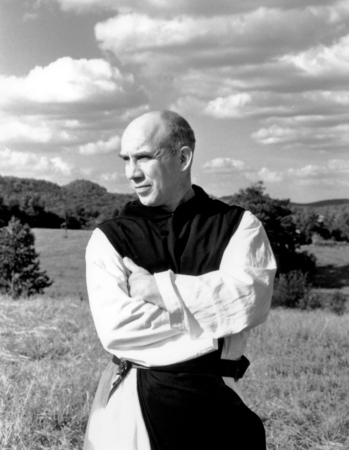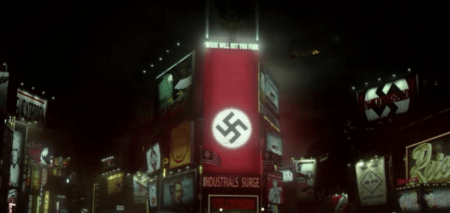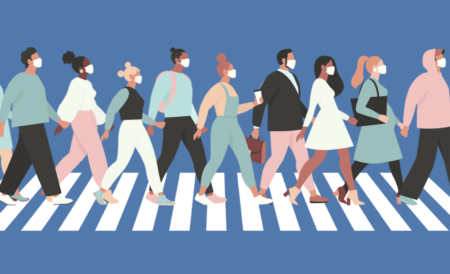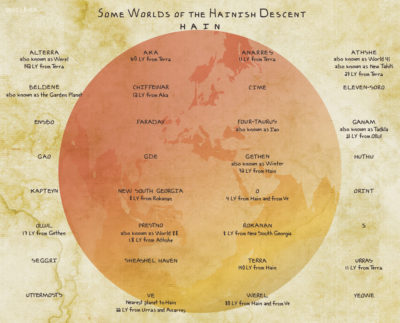So, I spent last weekend visiting my parents in Indiana. I often take a trip back to Indiana sometime in the spring or summer. But we had a special occasion for this one: my mom’s 65th birthday and retirement! I had a enjoyable visit, and posts should be back on the more regular schedule in coming days and weeks.
Month: April 2022 (Page 1 of 2)
So, I’ve spent a lot of time thinking and writing about the far right in the US. I do so not because I read history (though I do read history). Rather, I think lots of other people use historical analogies that don’t quite work. I think far-right politics in the US look and feel much different than those in, e.g., 1930s Italy and Germany.
At times, this puts me at odds with progressive and even leftist circles. Progressive authors – like Jason Stanley – draw analogies between Trumpism and ‘classic’ fascism. They do so, in part, in order to show the warning signs. We even see things like this in ‘Antifa‘ circles. Those circles focus on small militant groups in their early stages.
I don’t object to any of that, as far as it goes. But progressive work like Stanley’s tends to leave us with a misleading picture in mind of what authoritarianism would look like in the US.
Let’s take up that topic.

As of late, I’ve written a fair bit about factions and sectarianism on the left. On that topic, I recently revisited a quote from Thomas Merton.
For anyone who doesn’t know Merton, he was a Trappist monk. He wrote on Catholicism, social justice, and other topics. Among many other books, he wrote the autobiographical The Seven Storey Mountain.
I’m a regular reader of the magazine n+1. In each issue, we get a little set of essays at the beginning called The Intellectual Situation. This typically amounts to an essay of a few thousand words on some recent major topic. Ideally I think the topic stands out as one that’s particularly pressing among n+1’s readership. The idea isn’t without its problems. The essay often ends up centering the concerns of professional class progressives from New York. But it works out well enough.
Anyway, in the most recent issue, the author suggested that the early pandemic produced large changes in what’s politically possible. Changes that, ultimately, went away as the pandemic wore on.
Do readers agree with this? I know we saw large checks from the federal government in the early pandemic months. And we saw a rise in some kinds of social supports. But we also saw great inequality and, frankly, large pockets of selfishness.
I’m not convinced much changed, politically. The system adapted itself to the pandemic in as minimal a way as possible. For the most part, I think the background work needed was mostly missing. And so, most efforts at deep change made only small gains.
Image Source
Alright, we’ve officially hit the spring. Like (hopefully) all of you, I’m ready to move along to that spring reading. Let’s see what we’ve got!



